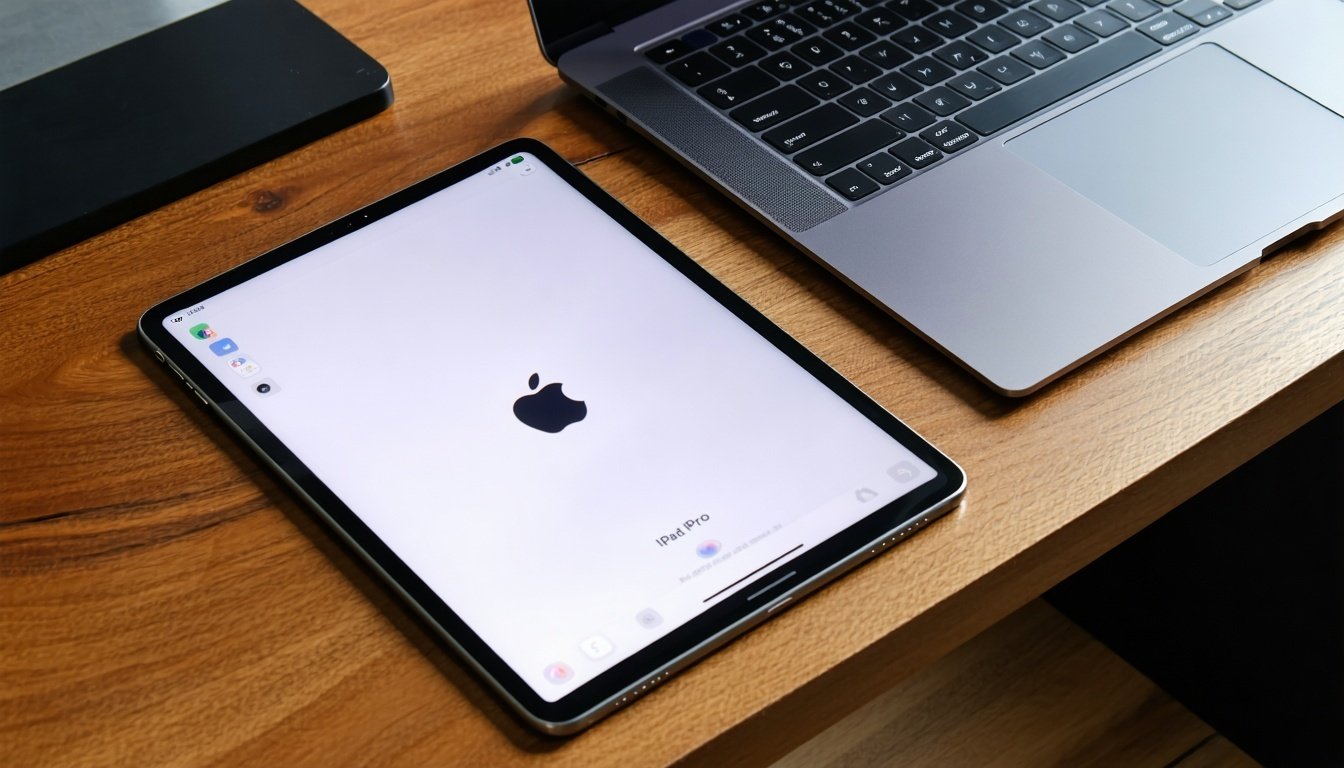
As technology evolves, the iPad is closing the gap with traditional laptops, but is it truly ready to replace them in a business environment?
The Evolution of iPad Capabilities
The iPad has come a long way since its introduction, particularly with the advancements seen in the iPad Pro models. These tablets now boast powerful processors, high-resolution displays, and enhanced accessories like the Apple Pencil and Magic Keyboard. The newer iPadOS versions have also introduced features that significantly enhance multitasking and productivity, such as split-screen functionality and improved file management systems. This evolution has made the iPad a more viable alternative to traditional laptops, especially for tasks that require mobility and flexibility.
Comparing Key Features: iPadOS vs Traditional Laptops
One of the most significant improvements in iPadOS is its window management capabilities. The ability to open multiple apps simultaneously and switch between them seamlessly has narrowed the gap between iPads and traditional laptops. Accessories have also played a crucial role; the Magic Keyboard with its trackpad has transformed the iPad into a more laptop-like device. However, some limitations remain, such as the absence of certain desktop-class applications and more complex workflows that are still better suited to traditional laptops.
Productivity Tools and Applications: Bridging the Gap
The integration of Microsoft 365 Suite and other productivity applications into iPadOS has been a game-changer. Many business applications have transitioned to Software as a Service (SaaS) models, making them accessible via web browsers or dedicated apps on the iPad. SaaS refers to a software distribution model in which applications are hosted by a service provider and made available to customers over the internet. This trend is highly relevant as it ensures that most business tools are accessible on the iPad, thereby bridging the gap between mobile and desktop productivity.
Security and Compliance: Is the iPad Up to Par?
When it comes to security and compliance, the iPad is well-equipped, thanks to Mobile Device Management (MDM) solutions like Intune, Addigy, and Jamf. These MDM systems allow IT administrators to enforce security policies, manage device settings, and ensure compliance with industry standards. The iPad's robust security features, including biometric authentication and data encryption, further enhance its suitability for business environments where data protection is paramount.
Cost-Benefit Analysis: iPad vs Laptop for Business Use
The cost-benefit analysis of using an iPad versus a traditional laptop for business use depends on various factors such as the specific needs of the business, the types of tasks performed, and the required software applications. While iPads might be more cost-effective for mobile and light to moderate productivity tasks, traditional laptops still hold an edge for more intensive computing tasks. However, the lower cost of ownership, ease of use, and enhanced portability of iPads make them a compelling option for many business scenarios.
Ultimately, the decision between an iPad and a laptop should be based on a thorough assessment of the business's requirements and the capabilities of each device. With ongoing improvements in iPadOS and accessory support, the iPad is becoming an increasingly viable option for business use, but it may not yet fully replace the need for traditional laptops in all professional settings.